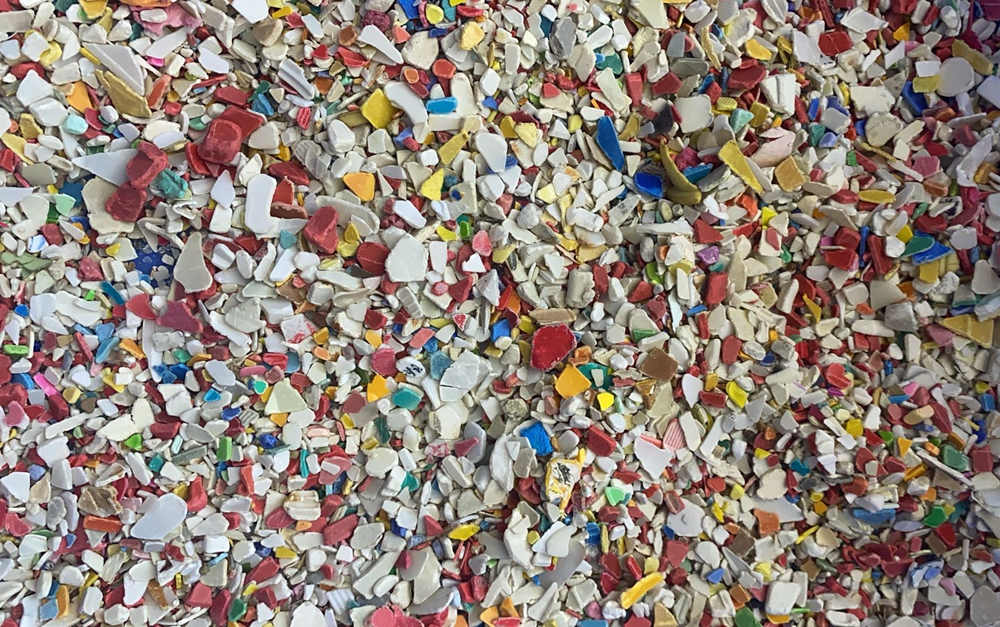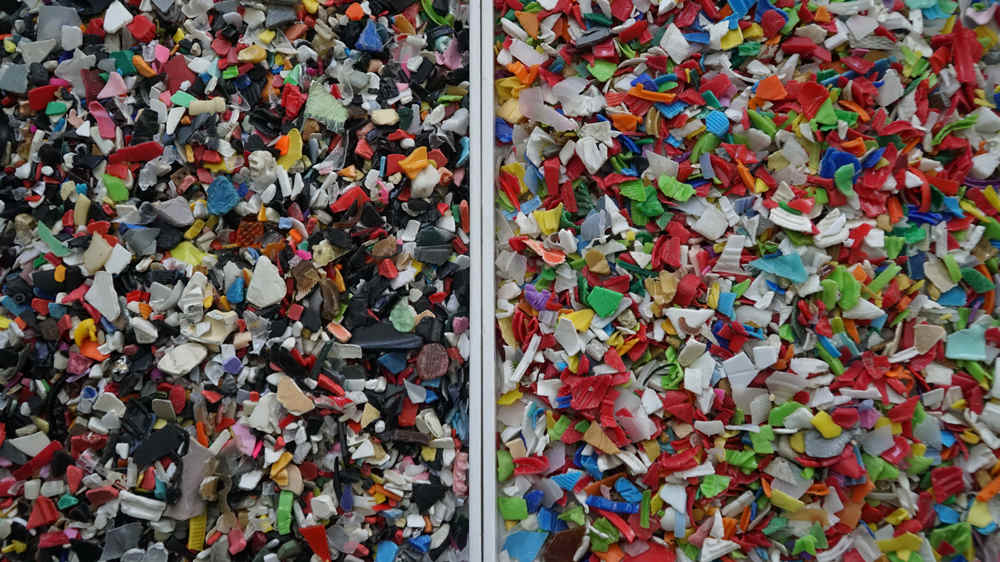High-density polyethylene (HDPE) is a widely used and recyclable plastic. Nonetheless, the presence of polypropylene (PP) contamination poses a significant issue in recycled HDPE streams.

Plastic Mixture
Can PP and HDPE be recycled together?
PP and HDPE are distinct types of plastic with different chemical compositions and properties. When they are mixed together in the recycling stream, it can result in various issues:
Reduced quality: Mixing PP with HDPE can lead to lower-quality recycled HDPE material. The properties of the resulting plastic may not meet the required standards for certain applications.
Compatibility issues: PP and HDPE have different melting points and processing requirements. Combining them can make it difficult to maintain the consistency and quality of the recycled material during the melting and molding stages.
Material weakness: The combination of PP and HDPE can result in a recycled material that has reduced strength, durability, and performance. This can be problematic, especially in applications where HDPE's mechanical properties are critical.
Identification and Separation of polymers in the industry
One of the biggest challenges facing the plastics recycling industry today is separating all of the various polymers entering the recycling stream. Separating PP from HDPE during the recycling process can be challenging due to their similar appearance. This can result in contamination if they are not adequately separated at recycling facilities.
To mitigate contamination issues, recycling facilities often employ advanced sorting and separation technologies to ensure that PP and HDPE are properly separated. This involves using optical sorters, air classifiers, and other equipment to identify and separate different types of plastics.
Near Infrared (NIR) Sorting Technology
Among them, the NIR-based sorting machines are widely used in the recycling industry to identify and separate various types of plastics based on their unique spectral signatures in the near-infrared range. These machines can accurately differentiate between different polymer types, such as PET, HDPE, PP, PVC, and more, facilitating the efficient recycling of plastics and reducing contamination in the recycling stream.

AMD's plastic color sorting machines are known for the high accuracy and reliability. We contribute to efficient recycling operations by reducing contamination in the recycling stream and ensuring the production of clean, high-quality recycled materials.
Tags :